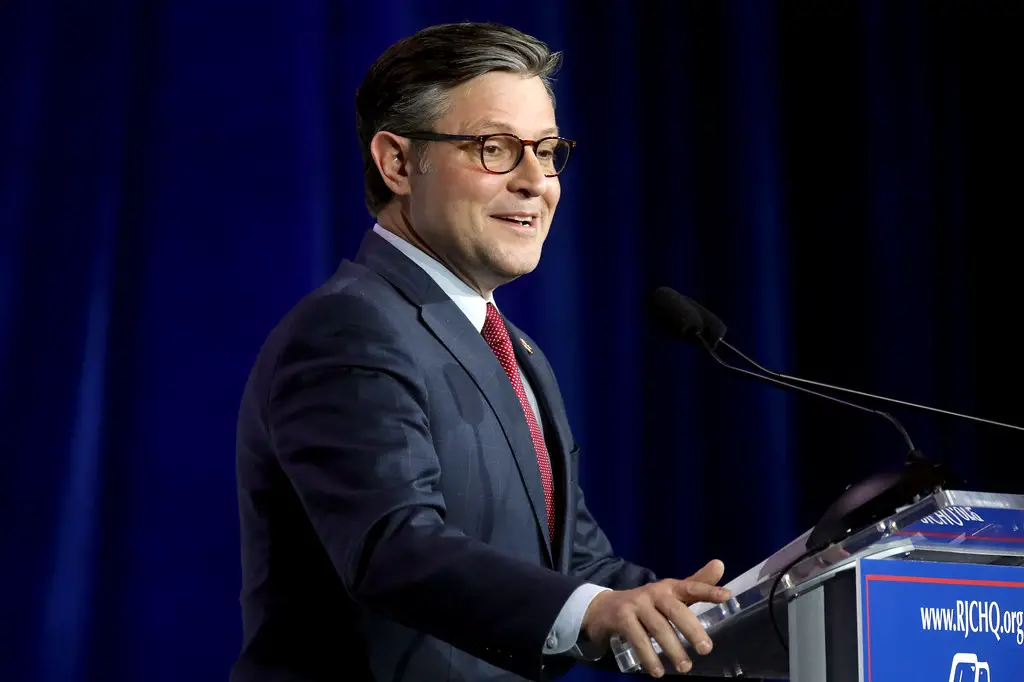In a pivotal move, House Speaker Mike Johnson has linked the continuation of financial support for Ukraine with the necessity for sweeping reforms in the U.S. immigration system. This stance was conveyed in a stern letter addressed to President Biden this Tuesday, indicating a shift in policy dynamics.
For several months, the Biden administration, along with Democratic allies, have been vocal advocates for extending financial aid to Ukraine, which is engaged in a prolonged conflict. However, Republican backing for this cause has been waning. Johnson’s recent pronouncement, emphasizing the critical need for immigration reform, marks a significant hurdle in securing further assistance for Ukraine.
The content of Johnson’s letter is unambiguous, stating that any future aid to Ukraine hinges on the implementation of major changes to the U.S.’s border security and immigration laws.
This development follows a correspondence from the White House on Monday, drafted by Shalanda Young, the Director of the Office of Management and Budget. Young’s letter highlighted an impending crisis: the depletion of funds allocated for Ukraine by the end of 2023. She underscored the dire consequences of this shortfall, pointing out that a cessation in American support could severely undermine Ukraine’s military effectiveness and potentially tilt the balance in favor of Russian forces.
The urgency of the situation is further compounded by the fact that the U.S. has already allocated in excess of $100 billion to Ukraine since the Russian invasion in early 2022. This substantial investment has sparked debate among Republicans about the prioritization of domestic expenditures over foreign aid.
Johnson previously hinted at this policy linkage in early November, suggesting the integration of Ukraine aid and immigration reform in a single legislative bill. He emphasized the importance of addressing domestic concerns, particularly the U.S. border security, paralleling it with the support provided to Ukraine. Johnson’s comments reflect a growing sentiment that national interests should precede international commitments.
Meanwhile, the situation on the ground in Ukraine remains tense. Despite ongoing efforts, Ukrainian forces have struggled to gain significant ground in their counteroffensive against Russia. NATO Secretary-General Jens Stoltenberg recently cautioned the international community to brace for potential setbacks in the conflict.
This unfolding scenario in U.S. politics highlights the complex interplay between foreign policy objectives and domestic policy imperatives, with significant implications for international relations and security.


